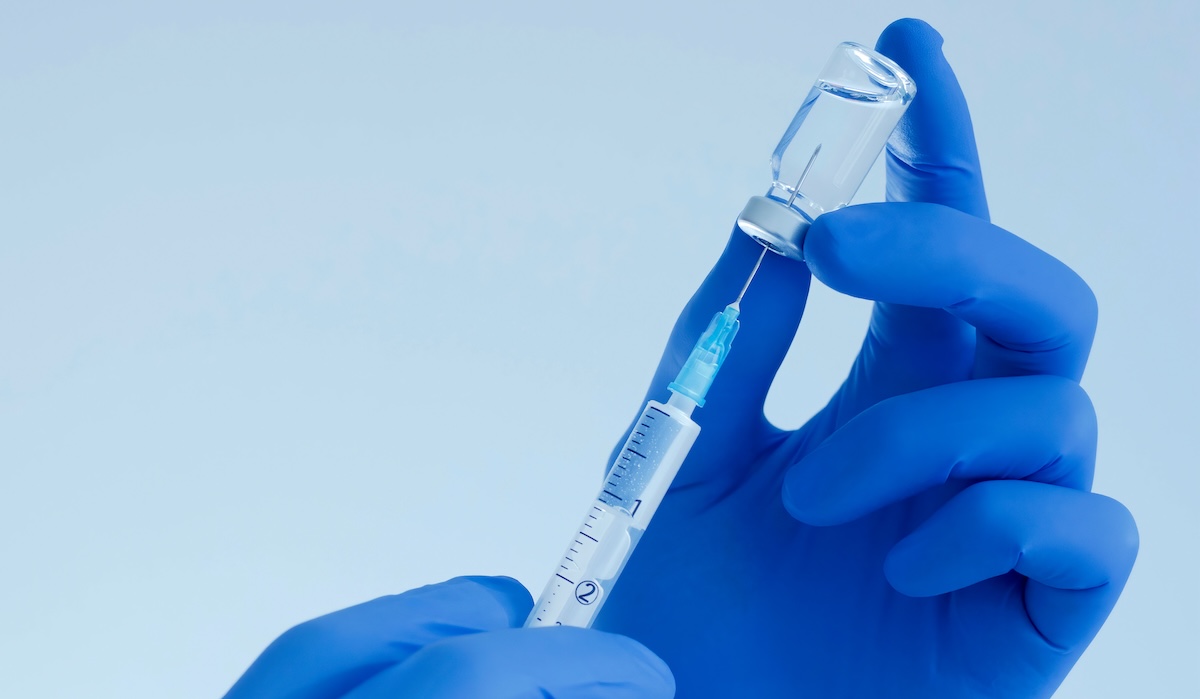Avant Immunotherapeutics Inc. has sold for $ 61 million an interest in the net royalty of Rotarix. Rotarix is the company's vaccine for rotavirus, a disease which causes severe diarrhea and vomiting in babies and kills about 600,000 children worldwide each year. Avant's partner,
GlaxoSmithKline, of London, has filed for approval of the vaccine in about 30 countries and expects to launch it in Latin American and Asia Pacific countries this year and the European Union within 12 months. The product received approval in 2004 in Mexico.Una Ryan, Avant's president and CEO, said the sale of Rotarix royalties to the Paul Royalty Fund (PRF) will help the company advance its cardiovascular programs in the clinic and its pipeline of oral vaccines for bacterial infections, as well as complete the validation and staffing of a new manufacturing facility.
We recognized that Rotarix was a very valuable product, but The Street was giving us absolutely no recognition of that, probably because the launch is in the rest of the world, not the U.S. We really needed to bring the cash forward, so we wanted to reap the benefits today, so that we could plow money back into our higher- money products tomorrow.
Ryan said GSK has been fairly "tight-lipped" as to when it might file for approval of Rotarix in the U.S. Rotavirus only kills about 40 or 50 children in the nation each year, but it does cause a lot of economic damage in terms of parents missing work and admitting babies to hospitals. The virus is more rampant in countries such as India, where it kills a child every minute.But the worldwide market potential for a vaccine against rotavirus could reach almost $ 2 billion a year, according to GSK predictions, Ryan said.Under the agreement with GSK, Avant receives between 7 percent and 10 percent based on net product sales in countries in which Rotarix has valid patent protection. The royalties are discounted by 30 percent for non-patent countries.Avant and GSK took a "backward launch" strategy, leaving the U.S. market to the end, because they wanted to "provide vaccine first to countries where the need is greatest, where the children are dying," Ryan said. "By the time we come back to the developed world, we will have a very interesting safety package." In the meantime, Avant will take the proceeds from the royalty sale to advance products such as TP10, which has completed a Phase II trial and now is in a Phase IIb trial for women undergoing cardiac surgery.See also:
Owen's comment This is an interesting development for a number of reasons. It demonstrates that there is currently little investor interest in vaccines for which the market is mainly developing countries. But it also shows how the biotech sector can make use of licensing and royalty sales to bring forward to today the market value of future sales.
CGD blog posts reflect the views of the authors, drawing on prior research and experience in their areas of expertise.
CGD is a nonpartisan, independent organization and does not take institutional positions.





